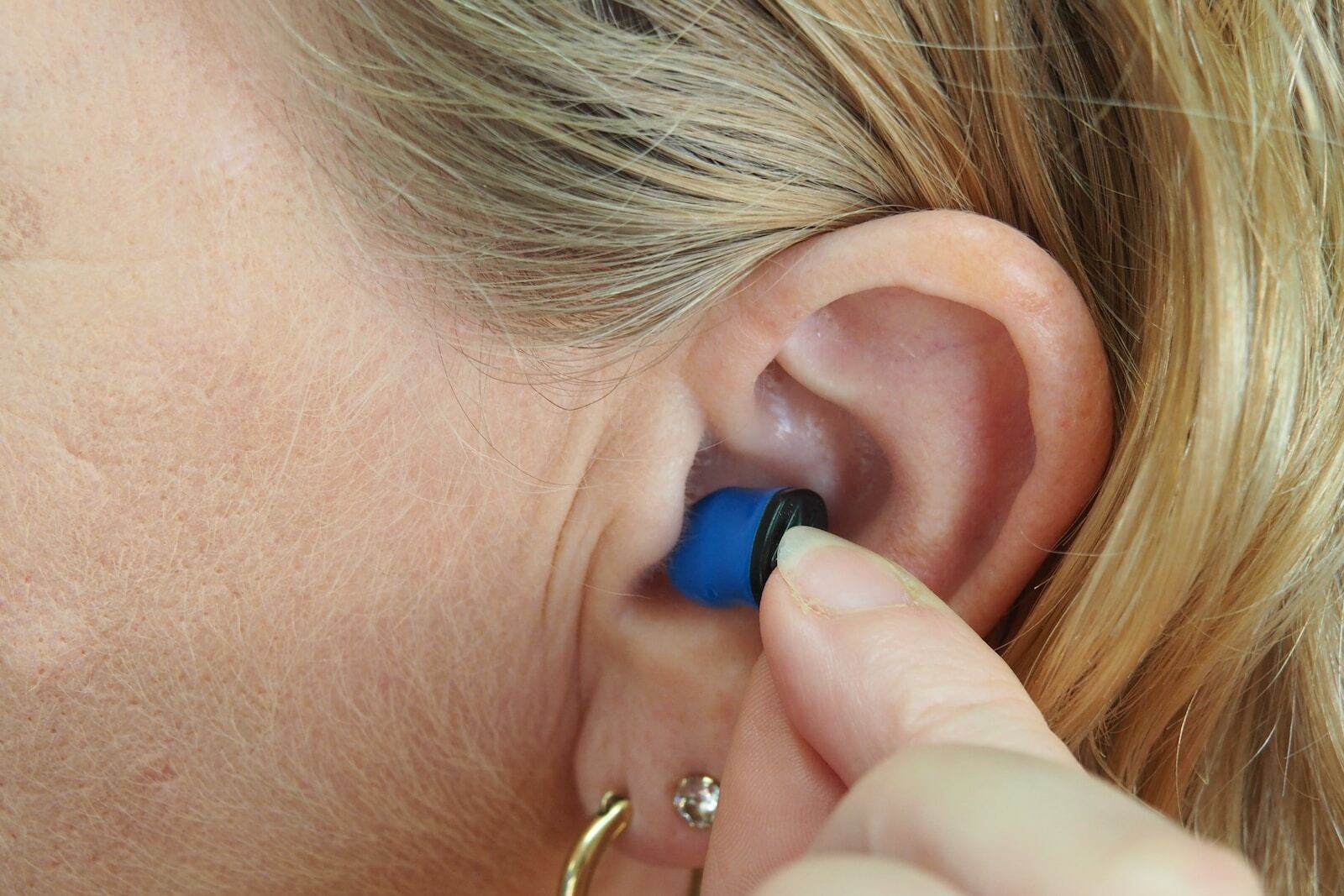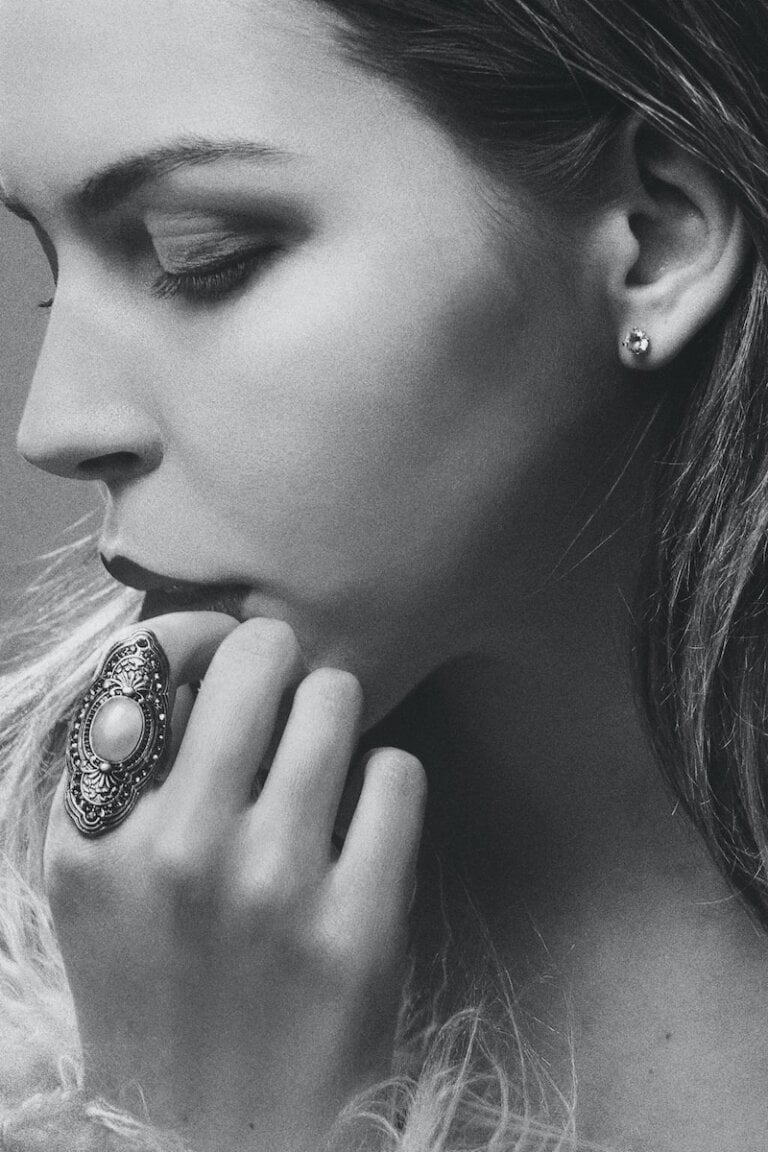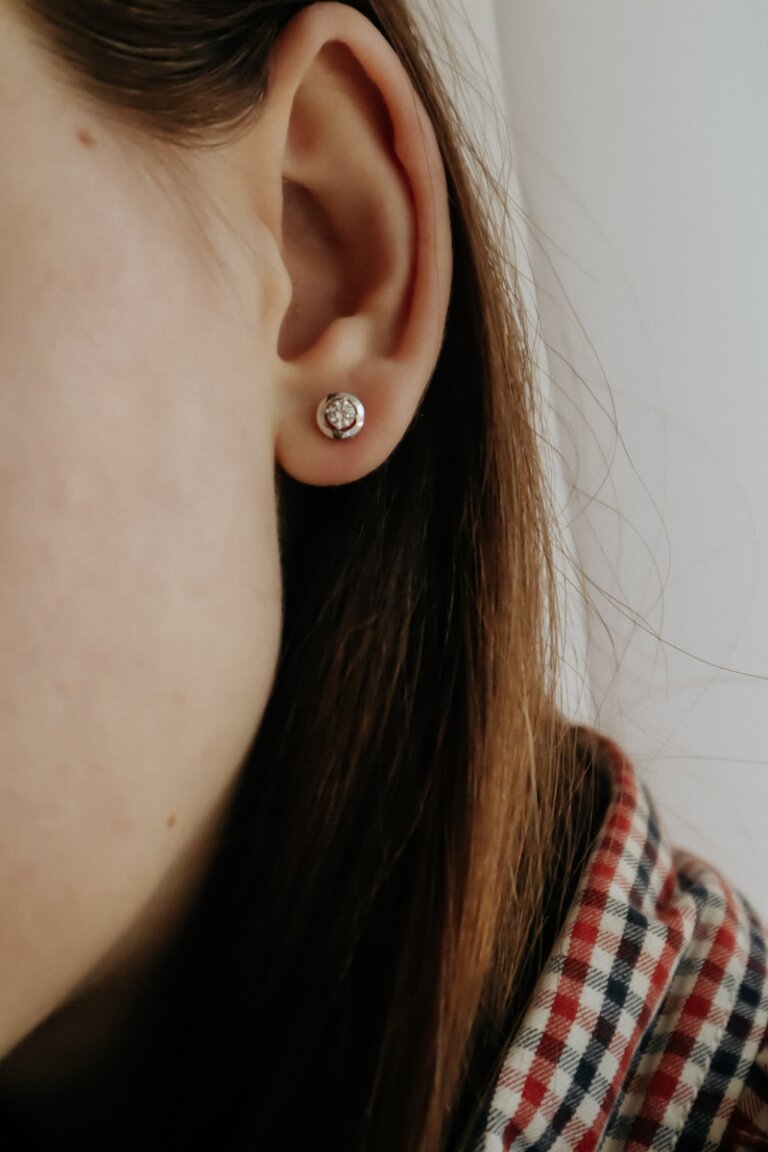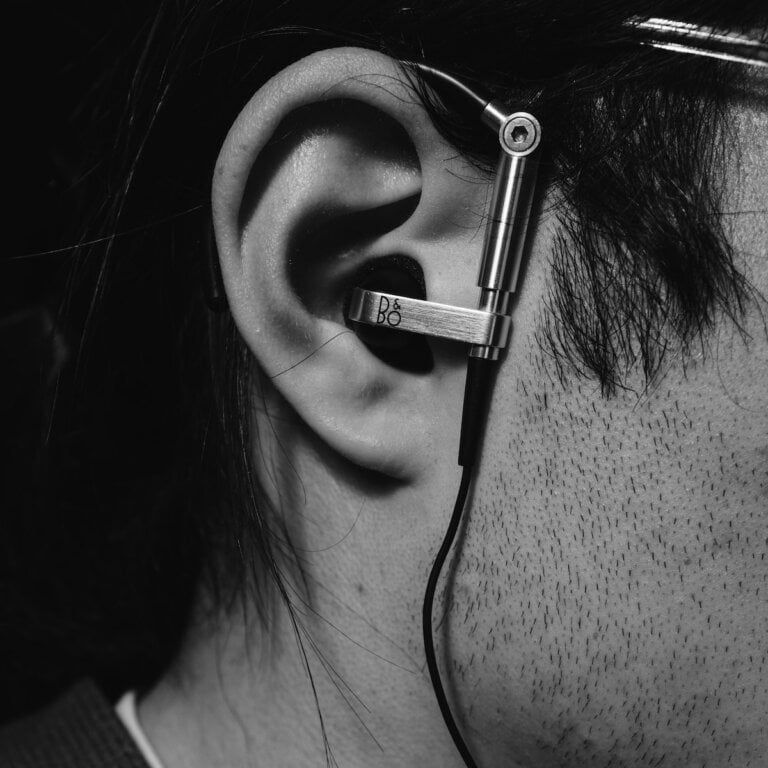Essential Steps for Maintaining Ear Health and Preventing Wax Build-up After Microsuction
Maintaining ear health is crucial for overall well-being, as our ears play a vital role in communication and balance. One common issue that many people face is excessive wax build-up, which can lead to discomfort and even temporary hearing loss. In this article, we will discuss essential steps to maintain ear health and prevent wax build-up, ensuring optimal ear function and preventing potential complications.
Understanding Ear Wax
Ear wax, also known as cerumen, is a natural substance produced by the glands in the ear canal. It serves as a protective barrier, trapping dust, debris, and harmful microorganisms, preventing them from reaching the sensitive parts of the ear. However, when ear wax accumulates excessively, it can cause various issues such as earache, tinnitus, dizziness, and temporary hearing loss.
To understand ear wax build-up better, it is important to know that the production and accumulation of ear wax varies from person to person. Factors such as genetics, age, and environment can influence the amount and consistency of ear wax. Some individuals may naturally produce more ear wax than others, making them more prone to wax build-up.
1. Avoid Inserting Objects into Your Ears
One of the most crucial steps in maintaining ear health is to avoid inserting any objects into your ears, including cotton buds, hair pins, or any other sharp objects. While it may be tempting to clean your ears using these tools, they can push the wax deeper into the ear canal, causing blockages and potential damage to the delicate structures within the ear.
Instead of inserting objects into the ears, it is recommended to allow the ears to naturally clean themselves. The movement of the jaw during activities such as talking and chewing helps to push the ear wax towards the outer part of the ear canal, where it can be easily wiped away with a soft cloth or tissue. It is important to note that the ear canal is a self-cleaning mechanism, and interfering with this process can disrupt the natural balance of ear wax production.
2. Practice Good Ear Hygiene
Keeping your ears clean is essential, but it is important to do it safely. Gently clean the outer part of your ears using a soft cloth. Regularly using a sterile olive oil spray/drops such as Earol will help to ensure the wax remains soft and lubricated, enabling it to work its own way out more easily. Remember to avoid inserting anything into the ear canal. If you experience excessive wax build-up, it’s best to consult a healthcare professional for safe removal.
In addition to external cleaning, it is also important to maintain good overall hygiene to prevent excessive wax build-up. This includes regular showering and washing of the hair, as dirt and oils from the scalp can contribute to wax accumulation. It is advisable to use a mild shampoo and avoid harsh chemicals that can irritate the delicate skin in and around the ears.
3. Regularly Examine Your Ears
Look for any signs of excessive wax, such as a feeling of fullness, decreased hearing, or discomfort. If you notice any of these symptoms, it is advisable to seek professional help for proper diagnosis and treatment.
Regular ear examinations can help identify any potential issues early on and prevent them from escalating. If you have a history of recurring ear wax build-up or ear-related problems, it is important to schedule regular check-ups with an audiologist or an ear, nose, and throat (ENT) specialist. These healthcare professionals can assess your ear health, provide guidance on proper cleaning techniques, and recommend appropriate treatment if necessary.
4. Avoid Exposure to Excessive Moisture
Avoid prolonged exposure to water while swimming or showering. If water does enter your ears accidentally, tilt your head to the side and gently pull on the earlobe to help drain the water out.
5. Consider Ear Wax Softening Drops
If you are prone to excessive ear wax build-up, your healthcare provider might recommend using ear wax softening drops. These drops or sprays are designed to soften the ear wax, making it easier to remove. However, it is crucial to follow the instructions provided and seek professional advice before using any medication or drops.
Ear wax softening drops typically contain a gentle solution that helps break down the wax, allowing it to naturally flow out of the ear canal. It is important to use these drops as directed, usually by tilting the head and instilling a few drops into the affected ear. After a few minutes, the drops can be drained out by tilting the head in the opposite direction. It is important to note that these drops are not suitable for everyone, so consulting with a healthcare professional is essential to ensure their appropriate use.
6. Seek Professional Help for Wax Removal
In cases where ear wax build-up becomes a recurring issue or causes discomfort, it is essential to seek professional help for safe and effective wax removal. A healthcare professional can use specialised tools and techniques to remove the wax without causing damage to the ear canal or eardrum.
Professional ear wax removal methods may include irrigation, suction, or the use of manual instruments such as curettes or forceps. These methods are performed by trained professionals who can safely and effectively remove the excess wax. It is important to avoid attempting to remove the wax yourself, as improper techniques can lead to further complications or damage to the ear.
7. Be Cautious with Earbuds and Headphones
Using earbuds or headphones for prolonged periods can increase the risk of wax build-up by trapping moisture and preventing natural wax migration. It is advisable to clean your earbuds regularly and limit their usage to reduce the chances of wax accumulation.
When using earbuds or headphones, it is important to maintain good hygiene practices. Clean the earbuds regularly with a gentle cleanser to remove any wax or debris that may have accumulated on the surface. Additionally, it is recommended to take breaks from using earbuds or headphones to allow the ears to breathe and prevent excessive moisture build-up.
8. Protect Your Ears from Loud Noises
Exposure to loud noises can damage the delicate structures within the ear and lead to hearing loss. To protect your ears, wear earplugs or earmuffs when in noisy environments such as concerts, construction sites, or when using loud machinery. Lowering the volume when using headphones or earbuds is also crucial for ear health.
Prolonged exposure to loud noises can result in noise-induced hearing loss, which is often irreversible. It is important to take proactive measures to protect your ears from excessive noise. Earplugs and earmuffs provide a physical barrier that reduces the intensity of sound reaching the inner ear. When using headphones or earbuds, it is recommended to keep the volume at a moderate level and limit the duration of use to prevent potential damage.
9. Practice a Healthy Lifestyle
Maintaining overall health is essential for maintaining ear health as well. A healthy lifestyle, including regular exercise, a balanced diet, and proper hydration, can contribute to optimal ear function. Additionally, avoiding smoking and managing stress levels can also have a positive impact on ear health.
Regular exercise improves blood circulation, including to the ears, ensuring the delivery of essential nutrients and oxygen. A balanced diet rich in vitamins and minerals, particularly those that support ear health like vitamin C, vitamin E, and magnesium, can help maintain the integrity of the delicate structures within the ear. Staying properly hydrated also promotes overall health and helps maintain the natural moisture balance in the ears. Finally, avoiding smoking and managing stress can help reduce the risk of developing ear-related conditions such as hearing loss.
Conclusion
In conclusion, taking essential steps to maintain ear health and prevent wax build-up is vital for optimal ear function and overall well-being. By avoiding the use of objects in the ear, practicing good ear hygiene, regular examinations, and seeking professional help when necessary, you can minimise the risk of excessive wax build-up and its associated complications. Remember to protect your ears from loud noises, be cautious with earbuds/headphones, and maintain a healthy lifestyle. Prioritising ear health will ensure clear communication and a better quality of life.







